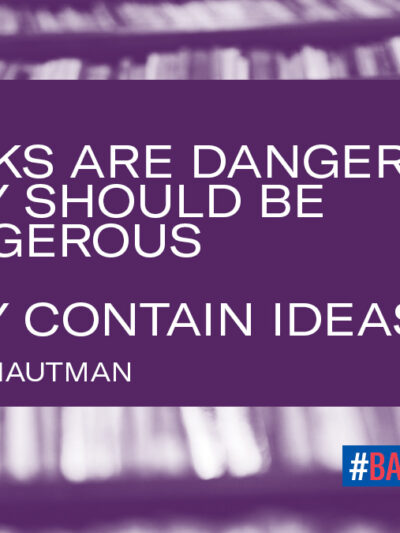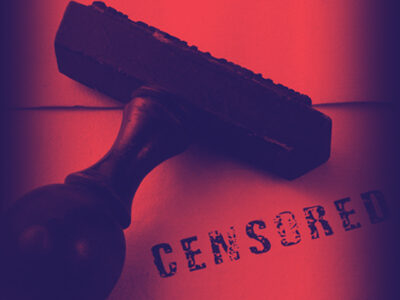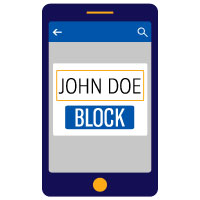News & Commentary
Police Departments Aren’t the Only Criminal Legal Institution Stealing Black Lives
Around the world, people are taking to the streets to call out the state-sanctioned violence against people of color that has been normalized and protected in this country since its inception. While police continue to respond to protests against police violence with police violence, other parts of our criminal legal system continue to steal the lives of people of color through different means. According to Bryan Stevenson, “we have a system of justice that treats you better if you’re rich and guilty than if you’re poor and innocent.” The system also tends to treat you better if you’re white and guilty, than if you’re Black and innocent. A recent opinion from the Supreme Court of Ohio, which Justice Michael Donnelly in his dissent called an “injustice” and a "failure” of our criminal legal system, demonstrates this sad truth by condemning another—demonstrably innocent—Black woman to die in prison.
By Claire Chevrier
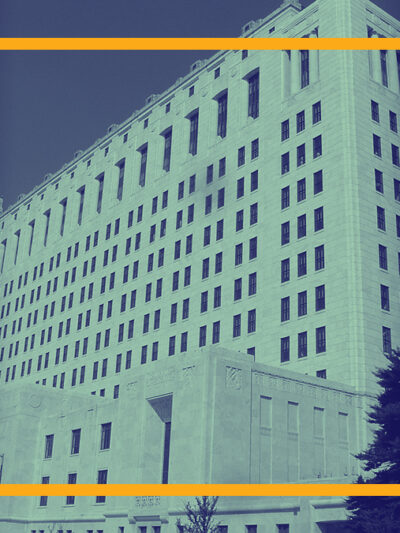
We Fought to Curtail Abusive Homelessness Policies in Cincinnati. And We Won.
Hamilton County has one of the highest rates of homelessness in Ohio. In the City of Cincinnati alone, the United States Department of Housing and Urban Development estimates that over 7,500 people—about 1,800 of whom are children—will experience homelessness in any calendar year. On a single day in 2016, some 6,000 people took refuge in County shelters, which are crowded to capacity and regularly forced to turn people away. Left with no choice, groups of people experiencing homelessness have lived for years on Cincinnati’s Third Street, Fort Washington Way, and elsewhere in tents and other makeshift shelters. These group encampments, though obviously far from ideal, are safer and more stable than camping alone.
By
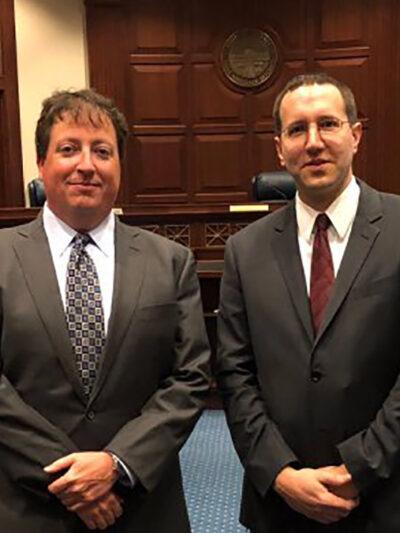
Photographs and the First Amendment. My Harrowing Journey Through U.S. Customs
In the United States, people are allowed to carry a loaded gun capable of mass killings, but I was treated as a criminal for carrying a camera with the intention of helping people.
By Tim Stegmaier
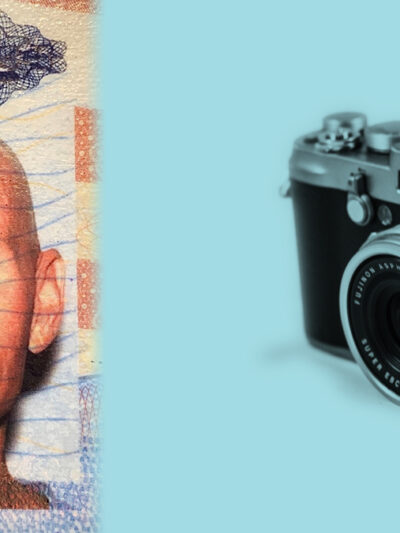
Banned Books Week… More Relevant than Ever?
Do you think the practice of banning books is a thing of the past? Something that books such as Animal Farm, The Catcher in the Rye, and To Kill a Mockingbird have been subject to??Think again.Just earlier this month, the internationally beloved Harry Potter series was banned yet again by a Catholic school in Nashville, Tennessee for supposedly depicting “actual curses and spells.” Similarly, in April of this year, a Georgia sheriff was illegally denying books to prisoners by implementing a policy that not only restricted “incoming books from family, publishers and organizations, but also remove[d] existing books from inmates” – thus limiting reading options to a “jail book cart.”Do you think these are two instances few and far in between? Nope! According to the American Library Association, there was a staggering total of 347 book challenges in 2018 alone. That's almost a book challenge a day!Who were the challengers?Patrons (33%)Parents (32%)Board/administrations (13%)Librarians/teachers (10%)Political/religious groups (6%)Elected officials (3%)Students (3%)To further add, these challenges took place in public libraries (59%), school libraries (23%), school (14%), academic institutions (3%), and special/prison libraries (1%).So why are we telling you this? Because it’s Banned Books Week! This week is all about having the freedom to read whatever and whenever we want to. It brings together individuals from all walks of life, from librarians to students to activists to band together in shared support to seek and to express ideas, even those some may consider unorthodox or unpopular. Most importantly, it’s about educating those who may not exactly know why banning books is such a problem.Simply put, banning books is a type of censorship, and since its inception, the ACLU has actively opposed government censorship in all forms – whether it be books, radio, television, movies, or the internet. Freedom of expression is a civil liberty found in the First Amendment of the Constitution, and when government institutions engage in book banning, it’s not only the denial of being able to read, think, say, and write whatever we’d like, but it is fundamentally unconstitutional and encroaches on our rights as people living in America.Book burning is the quintessential image of what individual rights and freedoms being crushed by a government body looks like – this is exactly why photos depicting this practice are so chilling – because we can physically see our rights being burned at the stake.However, it’s not only the sight of it that should scare us. Burning books is also a dangerous slippery slope which can – and oftentimes does – lead to more rights being taken away. When governments burn, ban, and censor books, the desire of total control over citizens burns even brighter and deeper. Although government censorship of books is the most alarming, it should also be concerning when a church, private school, or non-governmental authority decides that it wants to challenge or ban a book for various reasons. The ACLU’s biggest concern, after all, is when the government bans books, because it is unconstitutional; but shouldn’t private institutions, organizations, companies, and other authorities also uphold the fundamental principles of the First Amendment?Of course they should.This leads us to a very important question: why would a government entity or other authority want to ban or challenge books? There are many reasons ranging from social, political, sexual, and religious reasons. For instance, Maya Angelou’s I Know Why the Caged Bird Sings (1969) has been one of the most frequently challenged books in American history for various reasons including anti-whiteness, sexually explicit depictions, and use of offensive language. Jill Twiss’ A Day in the Life of Marlon Bundo, a heartwarming story about a boy bunny who falls in love with another boy bunny, has frequently been banned and challenged due to – you guessed it – it’s LGBTQ theme. Khaled Hosseini’s The Kite Runner also makes this list, because it apparently promotes Islam and could “potentially lead readers to resort to terrorism.”It truly should come as no surprise that many challenged and banned books are written by minority writers or are about topics that ultimately speak about or to minorities and their experiences. Thus, banning books goes beyond just censorship, it perpetuates the marginalization of those who already have a hard time legitimizing their voices and representation in the mainstream, because they do not fit the status quo.So this Banned Books Week, we here at the ACLU of Ohio challenge you to educate those who may not know that banning and challenging books still occurs in America and tell them why it’s such a big deal; read a banned book or two; celebrate the fact that it is our First Amendment right to read any and every type of book that we please; and/or get on social media and participate in all things Banned Books Week!We challenge you, because as banned author Stephen Chbosky has aptly put: “Banning books gives us silence when we need speech. It closes our ears when we need to listen. It makes us blind when we need sight”.And that silencing of speech is something that we should never allow – by anyone.
By Sarah Khan-Williamson
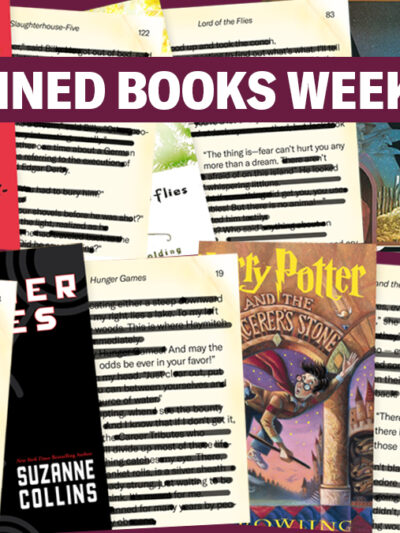
Cleveland Councilman Wanting More Prayer at Meetings Must Support True, Not Token, Religious Diversity
The First Amendment guarantees all persons the right to practice their faith without government intrusion, including the right to abstain from religious belief or expression altogether.
By J. Bennett Guess
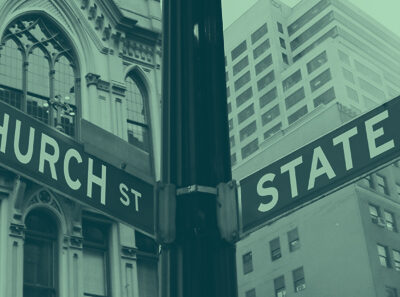
Opinion: The Students are Right -- Taking Action on Gun Violence Does Not Violate the Second Amendment
*This piece originally appeared in the Sun Sentinel on March 2, 2018 and was written by the ACLU of Florida's Executive Director, Howard Simon and Political Director Kirk Bailey.*
By Howard Simon, Kirk Bailey
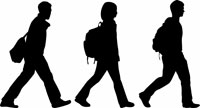
Stay Informed
Sign up to be the first to hear about how to take action.
By completing this form, I agree to receive occasional emails per the terms of the ACLU’s privacy statement.
By completing this form, I agree to receive occasional emails per the terms of the ACLU’s privacy statement.

